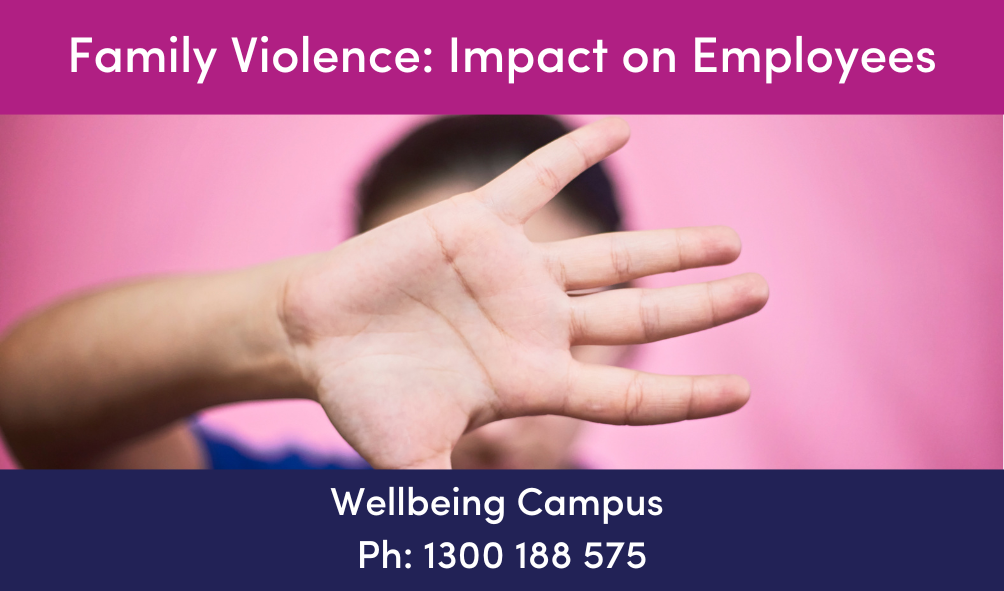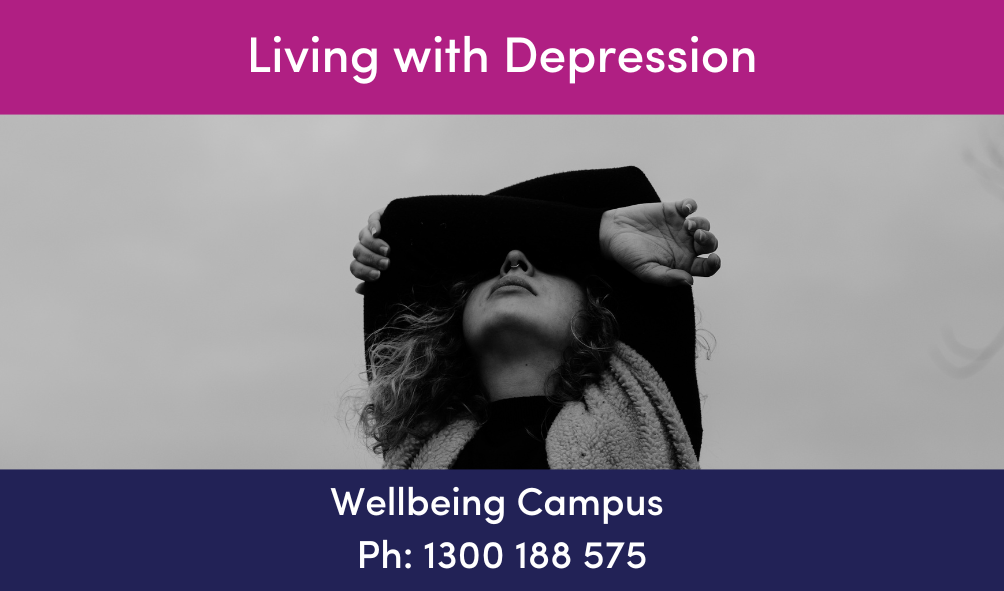How Mental Health First Aid Can Improve Workplace Culture
Mental health is a significant aspect of our overall wellbeing, and it impacts everything we do, including our work. Mental health issues can negatively affect employee productivity, satisfaction, and engagement, which in turn, can lead to high turnover rates and reduced organisational performance. Therefore, it is essential for employers to create a culture that supports mental health and provides employees with the necessary resources to manage their mental health effectively.
How to Maintain Effective Communication in the Workplace
Learn why effective communication in the workplace is vital for the success of any organisation, regardless of its size or industry.
Family Violence: Impacts on Employees
Family violence is a pervasive social issue that can have far-reaching consequences for the victim, their family, and even their workplace. The effects of family violence are not limited to the home, but can also spill over into the workplace. Family violence in the workplace can be both physical and psychological and can negatively affect employee productivity, morale, and job satisfaction.
Finding the Right Counsellor for You
Counselling is a powerful tool that can help us work through our emotions, find coping strategies, and develop new perspectives on life's challenges. On this article we share a few things to keep in mind when searching for a counsellor:
Conversations with Empathy
Empathy is an important quality that allows us to understand and share the feelings of others. It's an essential aspect of building strong relationships and connecting with people on a deeper level.
Supporting Someone After a Traumatic Event
Not everyone who experiences trauma will go on to develop PTSD, but some people might. PTSD can have a significant impact on an individual's daily life and mental health, and it's important to provide support to someone who may be experiencing this condition. In this blog post, we will explore PTSD and discuss how you can support someone who has experienced a traumatic event following mental health first aid guidelines.
Building Empathy at Work
Empathy is a crucial skill in any workplace, as it allows individuals to understand and connect with their colleagues, clients, and customers on a deeper level. It is the ability to understand and share the feelings of others, putting oneself in their shoes and imagining what they might be going through. Developing empathy at work can lead to better communication, increased productivity, and a more positive work environment. In this blog post, we will explore some ways to develop empathy at work.
How To Manage Employees With Mental Health Illness
Read our blog to learn how to support your staff who may be experiencing a decline in their mental health.
Workplace Wellbeing Consultancy
A workplace well-being consultant works with companies to improve the health and well-being of their employees. They provide advice, guidance, and practical solutions to help employees lead healthier and more balanced lives. This could include policy development, assessing and minimising the risk of psychosocial injuries, providing external consultancy to HR or WHS staff, implementing workplace wellbeing programs and providing mental health training such as Mental Health First Aid.
Here are some of how a workplace well-being consultant can help your company:
Delusional Disorder - Understanding signs and symptoms
Delusional disorder is a type of mental illness characterised by the presence of delusions (psychosis), which are fixed, false beliefs that are not in line with reality. People with delusional disorder often have strong convictions about these delusions, which can greatly affect their daily lives and relationships with others.
Major Depressive Disorder
Depression is a mental health disorder that affects many Australians, with over 1 million people experiencing depression in any given year. It can have a significant impact on an individual's quality of life and ability to function, so it's important to learn how to manage depression effectively.
Counsellor - Why it’s important to check credentials.
When seeking help for mental health issues, it can be overwhelming to choose a counsellor or therapist who is best suited to help you. With so many different types of professionals available, ranging from counsellors, coaches to psychologists, it can be difficult to know who to turn to for evidence-based care.
Workplace Stressors & Improving Wellbeing
Workplace stress commonly affects employees' mental and physical health, job satisfaction, and overall productivity. According to the Australian Bureau of Statistics, almost half of all Australian workers experience job stress. Employers need to recognise and address the root causes of workplace stress to create a healthy and sustainable work environment for their staff. In this article, we will discuss some of the leading causes of workplace stress and provide strategies that employers can implement to reduce stress.
Social Anxiety: Symptoms
Social Anxiety: Signs, symptoms and treatment options. Wellbeing Campus, Mental Health First Aid and Workplace Wellbeing
Understanding Suicide Prevention Programs in the Workplace
Suicide is a serious public health issue that affects millions of people worldwide, including Australians. It is the leading cause of death for Australians aged 15-44, and for every suicide, there are an estimated 30 suicide attempts. The impact of suicide extends beyond the individual who takes their own life, affecting family members, friends, and colleagues.
Self-Care - Why is it important?
In today's fast-paced world, self-care has become a buzzword. The term refers to a range of activities and practices that help individuals take care of their physical, emotional, and mental well-being. Self-care can range from taking a walk in nature, getting a massage, meditating, or taking a warm bath. These practices are essential for maintaining good health and can prevent burnout, anxiety, and depression.





















